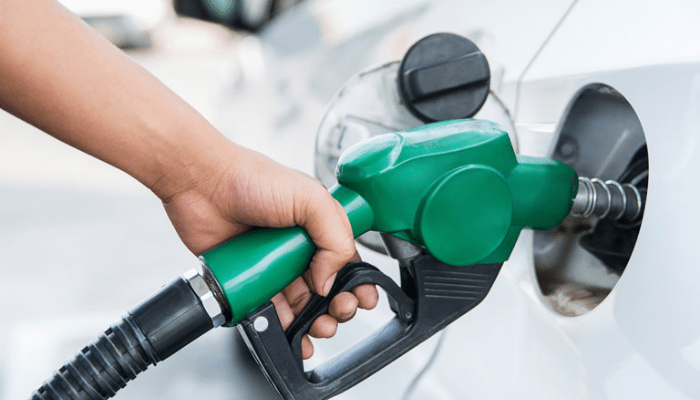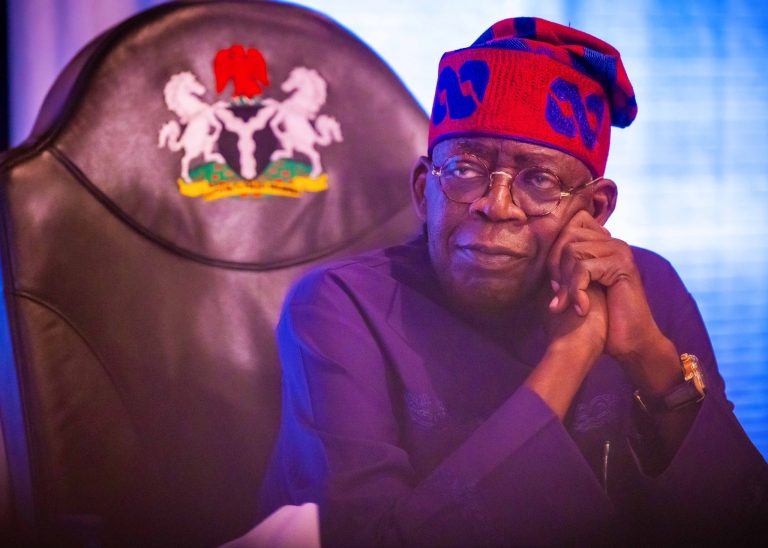There are indications that the global crude oil prices may cross $80 per barrel this week, following the tensions between the United States and Iran, with the oil market reacting sharply to reports of coordinated US-Israeli airstrikes on key Iranian nuclear facilities.
Marketers of petroleum products predicted that prices may soon rise to N1,000 per litre due to rising crude oil prices and the volatility in the foreign exchange market.
This development follows a preemptive defensive strike launched by the United States on three of Iran’s major nuclear sites, in support of Israel’s effort to halt Iran’s nuclear project.
Invariably, Iran is OPEC’s third-largest crude producer.
The strike, as announced by President Donald Trump, “obliterated” Tehran’s critical nuclear infrastructure, joining an Israeli assault in an escalation of conflict in the Middle East as Tehran vowed to defend itself.
In a swift retaliation, the Iranian parliament has reportedly moved to shut the Strait of Hormuz, a strategic chokepoint that handles nearly a fifth of the world’s oil supply. The move sent immediate shockwaves through the global energy market, with Brent crude trading higher in the early hours and analysts projecting further gains.
Concerned by this trend, energy analysts on Sunday warned that the surge in global crude oil prices could push the pump price of Premium Motor Spirit (petrol) in Nigeria to as high as N1,000 per litre in the coming weeks, should Brent crude hit the $80 per barrel threshold.
Experts say, private depots are likely to increase petrol price to N1,000 in the coming days with the current trend observed in the market. If by tomorrow morning, crude price increases to $80 or exceeds that threshold, Nigerians would pay N1,000 at depots.
The Independent Petroleum Marketers Association of Nigeria, said the heightened crisis between Israel and Iran has continued to push up crude prices, prompting a rise in global petrol prices.
On Friday, the Dangote refinery jerked up petrol prices from N825 to N880. In response, MRS Oil Nigeria and other filling stations selling Dangote petrol raised their pump prices to an average of N955 in the South East and North West.
Prices now vary from N930 to N960 depending on location.
However, Lagos has the cheapest rate as MRS and other Dangote partners sold petrol at N925 per litre on Sunday.
Players in the industry explained that the price of crude in the international market directly impacts the cost of domestic petrol, due to the volatility in the exchange rate which also compounds the challenge.
Adding to the recent price hike is the instability in the global crude market which is the direct effect of the Israel-Iran crisis and an unstable foreign exchange situation.
The new price levels exceed the Federal Government’s 2025 budget benchmark of $75 per barrel by about $3, potentially offering short-term fiscal relief.
Analysts had earlier warned that higher crude prices could trigger an increase in local fuel prices, as refiners face rising costs for crude, the primary feedstock for petrol and diesel production. Since Monday, depots have hiked the pump prices of petrol after the escalating tension in the Middle East jerked up the prices of crude oil.
The Nigerian National Petroleum Company Limited is also expected to change its pump prices. In the same vein, the head of geopolitical analysis at Rystad and a former OPEC official, Jorge Leon, in an interview with Reuters, noted that “An oil price jump is expected. Even in the absence of immediate retaliation, markets are likely to price in a higher geopolitical risk premium.”
Global oil benchmark Brent crude could gain $3 to $5 per barrel when markets open, SEB analyst Ole Hvalbye said in a note. Brent settled at $77.01 a barrel on Friday, and US West Texas Intermediate at $73.84.
Ole Hansen, analyst at Saxo Bank, said crude could open $4 to $5 higher, with potential for some long positioning being unwound. Crude had settled down on Friday after the US imposed fresh Iran-related sanctions, including on two entities based in Hong Kong, and counter-terrorism-related sanctions, according to a notice on the US Treasury Department website.
Brent has risen 11 per cent while WTI has gained around 10 per cent since the conflict began on June 13, with Israel targeting Iran’s nuclear sites and Iranian missiles hitting buildings in Tel Aviv.
Currently stable supply conditions and the availability of spare production capacity among other OPEC members have limited oil’s gains. Risk premiums have typically faded when no supply disruptions occurred, said Giovanni Staunovo, analyst at UBS
“The direction of oil prices from here will depend on whether there are supply disruptions, which would likely result in higher prices, or if there is a de-escalation in the conflict, resulting in a fading risk premium,” he said.
Meanwhile, Iran’s parliament has reportedly voted to close the Strait of Hormuz, considered a strategic and vital asset. The decision to close the strait is not yet final, and it was not officially reported that parliament had adopted a bill to that effect.
Instead, a member of parliament’s national security commission, Esmail Kosari, was quoted on other Iranian media as saying: “For now, [parliament has] concluded we should close the Strait of Hormuz, but the final decision in this regard is the responsibility of the Supreme National Security Council.
The Strait of Hormuz lies between Oman and Iran and links the Persian Gulf north of it with the Gulf of Oman to the south and the Arabian Sea beyond. It is 21 miles (33 km) wide at its narrowest point, with the shipping lane just 2 miles (3 km) wide in either direction. About 20 per cent of the world’s oil, estimated at 17 to 18 million barrels per day, passes through it.






